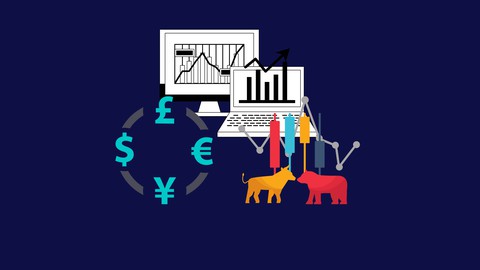Investor confidence is paramount in the commercial real estate sector, where precise financial reporting can make or break a deal. For property managers, asset managers, and financial teams alike, maintaining accuracy in investor reports is not just a best practice but a necessity. One tool making this task simpler and more reliable is commercial real estate accounting software. This technology plays a central role in streamlining financial management, ensuring data integrity, and delivering insightful reports investors can genuinely trust.
If you’re managing portfolios, calculating returns, or preparing to present to stakeholders, understanding the benefits of adopting such software is essential. Below, we’ll explore how commercial real estate accounting software aids in keeping investor reports accurate while offering scalable solutions for industry professionals.
Enhanced Financial Accuracy Through Automation
Manual data entry has long been one of the leading causes of financial discrepancies in commercial real estate reporting. Human errors—from misplaced decimals to inaccurate categorizations of expenses—can significantly distort financial outcomes and erode investor trust. Commercial real estate accounting software eliminates many of these risks by automating repetitive tasks like billing, expense tracking, and reconciliations.
Automation ensures calculations are performed consistently and instantaneously, drastically reducing the likelihood of errors in entries or balance sheets. Additionally, predefined rules within the software make handling complex real estate transactions far more precise. Whether you’re managing multi-property operations or reconciling cash flow across periods, automation simplifies even the most intricate accounting tasks.
Real-Time Data Access and Transparency
Another key benefit of using commercial real estate accounting software is real-time access to financial data. Instead of relying on quarterly breakdowns or delayed updates, stakeholders can monitor cash flows, asset performance, and net operating incomes as they occur. For investors seeking up-to-the-minute insights into their investments, this transparency is a game changer.
With real-time reporting capabilities, your team can easily generate schedules, summaries, and forecasts tailored to investor preferences. This level of immediacy and accuracy not only meets investors’ expectations but also demonstrates a commitment to openness, making your reports stronger tools for communication and trust-building.
Streamlined Reporting and Customization
Investor reports are not one-size-fits-all. Different stakeholders may prioritize varying metrics, from return on investment (ROI) to asset-level details. Commercial real estate accounting software allows users to create highly customizable reports, ensuring they contain exactly what investors need to make informed decisions.
These tools often come equipped with pre-designed templates that can be adjusted to suit specific audiences, improving efficiency in report preparation. With features like dashboards and interactive visualizations, even the most complex financial data can be translated into digestible insights. This flexibility not only increases the usability of reports but also ensures they align seamlessly with investor expectations.
Simplified Compliance and Taxation
The commercial real estate industry operates in a heavily regulated environment. Ensuring compliance with local, state, and national regulations is crucial for maintaining smooth business operations. A significant advantage of commercial real estate accounting software is its ability to integrate compliance standards directly into accounting processes.
Whether you’re managing tax filings, lease accounting standards, or audit preparations, these tools help simplify the navigation of intricate compliance landscapes while minimizing errors. This compliance readiness gives investors an added layer of assurance, knowing operational risks are being mitigated diligently.
